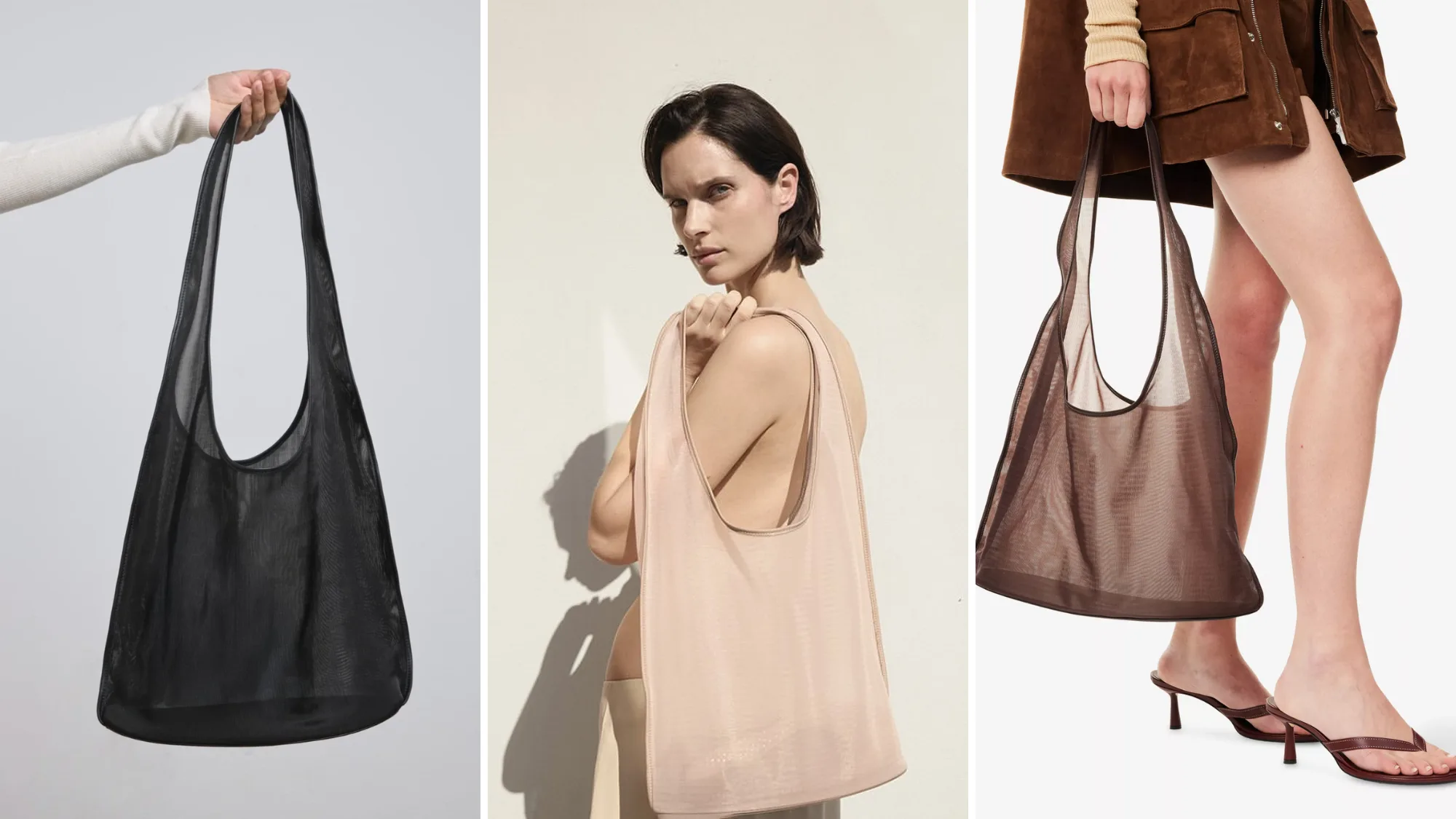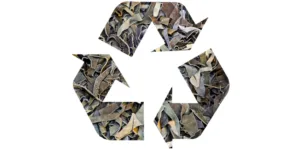In today’s packaging and storage landscape, mesh bags—also known as net bags or custom mesh pouches—have emerged as a highly functional, lightweight, and sustainable solution across various industries. Defined by their breathable, grid-like structure, mesh bags are used by brands and manufacturers in retail packaging, travel accessories, promotional kits, garment care, and supply chain organization.
As consumer preferences shift toward eco-friendly materials and multi-use packaging, mesh bags have become a go-to choice for businesses looking to offer products that are both practical and sustainable. Their versatility and cost-effectiveness make them suitable for a wide range of applications, from protecting delicate laundry items to serving as reusable produce bags or compact packing cubes for travel.
This guide provides a complete overview of mesh bags from a B2B perspective—covering the key types, material options, customization possibilities, industry use cases, and the unique advantages they offer to brands looking to enhance product functionality while aligning with sustainable goals.
Whether you’re sourcing for your next product line, planning custom retail packaging, or looking for alternatives to plastic bags, understanding mesh bags is an essential step toward smarter, greener, and more flexible manufacturing choices.
1. What Is a Mesh Bag?
A mesh bag is a type of soft, flexible bag made from loosely woven or perforated fabric—typically polyester, nylon, cotton, or recycled materials—that forms a visible net-like structure. Designed for maximum breathability and visibility, mesh bags are lightweight, foldable, and easy to clean, making them ideal for a wide range of applications, from consumer packaging to organizational solutions.
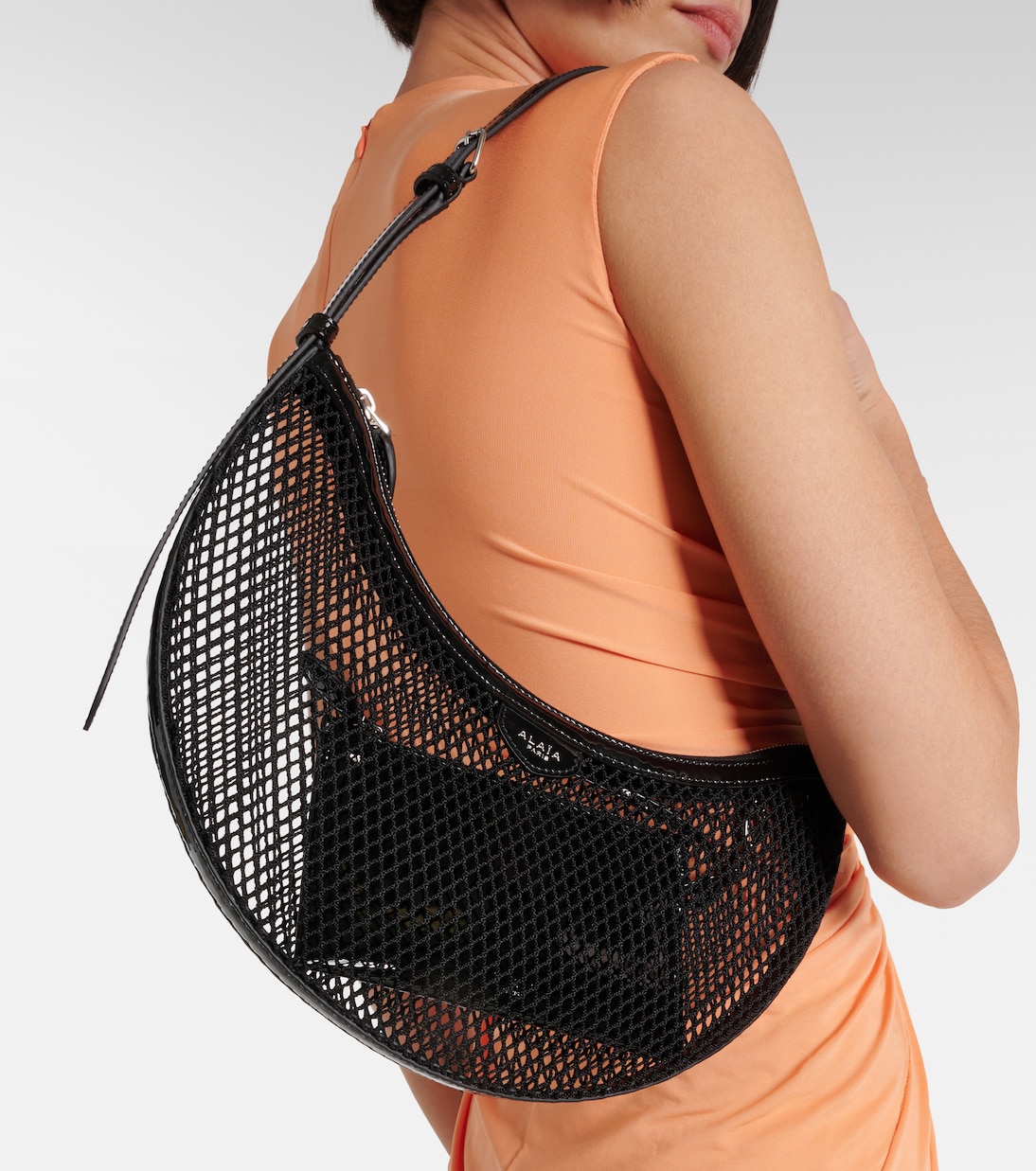
Think of a mesh bag as the “transparent assistant” of the bag world—strong enough to carry essentials, but open enough to let air flow, moisture escape, and contents stay visible.
Unlike traditional cloth totes or plastic packaging, mesh bags are:
-
More breathable, making them ideal for items that need ventilation (e.g., fresh produce, gym gear, wet laundry)
-
More sustainable, especially when made from recycled or natural materials
-
More functional, with designs that support repeated use and lightweight transport
For brands and businesses, mesh bags are not just packaging—they’re a sustainable packaging solution and a functional bag for retail or promotional use. Whether you’re a custom mesh bag supplier or manufacturer, offering private-label mesh bag programs, or managing wholesale mesh bag orders, these products can be tailored with branded labels, logos, colorways, and sizes.
As more companies focus on eco mesh bag sourcing to align with ESG goals, mesh bags are fast becoming a staple in both retail shelves and responsible logistics.
2. Common Types of Custom Mesh Bags
Now that we’ve explored what a mesh bag is and why it’s gaining popularity, let’s take a closer look at the most commonly used types available in the market today. Depending on the application—whether it’s for travel, retail packaging, laundry care, or promotional use—different designs offer specific features tailored to unique needs.
From simple drawstring mesh bags used in sports and laundry to foldable mesh bags for grocery shopping, the diversity in mesh bag styles provides great flexibility for brands seeking custom mesh tote solutions. Whether your focus is a functional bag for retail, a sustainable packaging solution, or eco mesh bag sourcing, understanding the right format is key to smart sourcing and design.
Here are the most common mesh bag types offered by leading custom mesh bag suppliers and manufacturers:
-
Drawstring Mesh Bags
Ideal for gym gear, produce, or laundry sorting, these mesh storage bags feature a secure drawstring closure and come in various sizes and mesh densities. Often made of polyester mesh or RPET mesh, they offer quick-dry and breathable performance with branding options such as woven labels or screen printing. -
Tote Mesh Bags
Perfect for beach outings or retail promotions, these custom mesh tote bags combine style and utility. Available as custom mesh totes with long handles, reinforced seams, and even inner compartments, they can be made from PVC-coated mesh, cotton mesh, or nylon mesh for varied texture and strength. -
Laundry Mesh Bags
These mesh laundry bags are commonly used in garment care and hotel operations. Their durable yet lightweight structure, heat-sealed edges, and zippered or drawstring closure make them suitable for both machine and hand-washing environments. -
Produce Mesh Bags
As a reusable alternative to single-use plastic, produce mesh bags are widely used by supermarkets and eco-conscious brands. They’re often made of organic cotton mesh or recycled polyester and offer custom print areas for private-label mesh bags or OEM branding. -
Zipper Mesh Pouches
Compact and convenient, these zippered mesh pouches are ideal for travel accessories, cosmetics, or tech storage. With multi-compartment options, custom sizing, and sublimation print capabilities, they’re a favorite among clients seeking lightweight & cost-effective packaging.
For businesses sourcing from a wholesale mesh bag perspective, the ability to mix and match bag types under one production line streamlines both logistics and cost control. Materials like double-layer mesh, breathable stretchable fabrics, and reinforced stitching allow these bags to be adapted into mesh backpacks, heavy-duty mesh bags, or even kids’ toy organizers.
Whether you’re offering retail-ready stock, developing a GRS-certified RPET mesh product line, or launching a low-MOQ private label mesh bag, understanding these foundational types helps accelerate decision-making—from sampling to export-ready bulk orders.
3. Materials Used in Mesh Bags
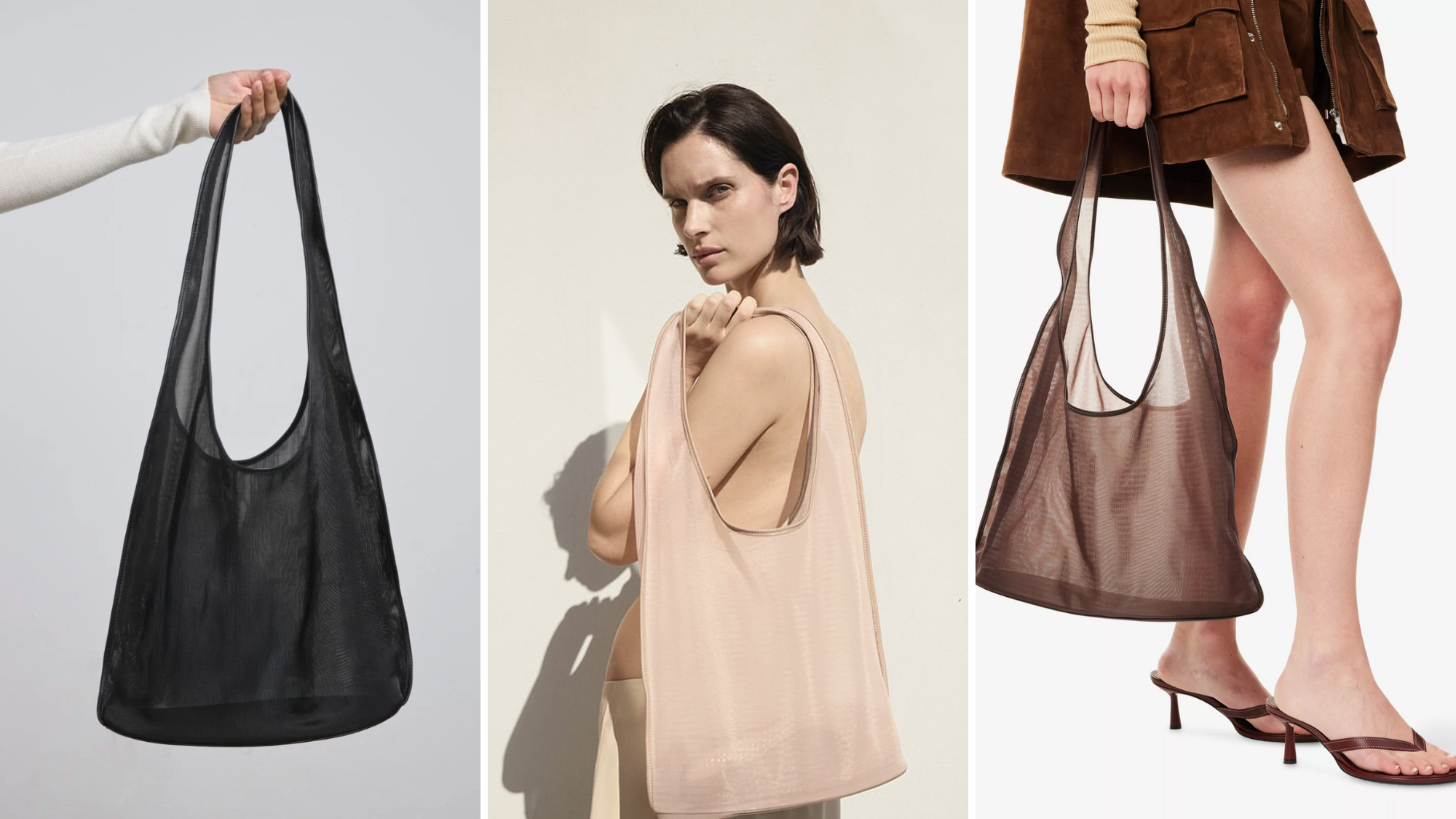
When selecting materials for mesh bags, understanding the balance between durability, aesthetics, and sustainability is essential for any custom mesh bag supplier or manufacturer. Polyester mesh is the most widely used fabric thanks to its excellent strength, abrasion resistance, and rich color options. It offers a cost-effective solution, making it ideal for large-scale wholesale mesh bag production where consistent quality and affordability are key.
| Material | Durability | Eco-Friendliness | Cost | Customization Options | Typical Applications |
|---|---|---|---|---|---|
| Polyester Mesh | High (abrasion-resistant) | Moderate (not biodegradable) | Low to Moderate | Wide range of colors and finishes | Wholesale mesh bags, sports bags, laundry bags |
| Nylon Mesh | Very High (soft & wear-resistant) | Moderate | Moderate to High | Soft textures, print and embroidery options | Premium retail bags, promotional functional bags |
| Cotton Mesh | Moderate | High (biodegradable, organic options) | Moderate to High | Natural look, eco-friendly dye options | Eco-conscious private label bags, produce bags |
| RPET Mesh | High | Very High (recycled, GRS certified) | Moderate | Various colors, sustainable branding | Sustainable packaging, reusable produce bags, eco-friendly retail |
For brands seeking softer, more flexible options, nylon mesh is a premium choice. Its superior softness and wear resistance make it popular for functional bags for retail or promotional use that require a touch of luxury without compromising durability. Meanwhile, cotton mesh, especially organic cotton mesh, appeals strongly to eco-conscious brands. It’s biodegradable and sustainable, perfect for those focusing on private-label mesh bag collections that highlight environmental responsibility.
An increasingly popular choice is recycled materials like RPET mesh, which supports companies’ ESG targets and sustainable supply chain strategies. RPET mesh, made from recycled plastic bottles, combines the benefits of durability and environmental friendliness, often backed by certifications such as GRS. For businesses invested in eco mesh bag sourcing and promoting a sustainable packaging solution, RPET mesh offers a credible and marketable material option. Comparing these materials in terms of strength, eco-friendliness, price, and customization options helps buyers make the best choice for their brand’s needs.
4. Customization Options for Mesh Bag Brands

For brands and businesses, the ability to tailor mesh bags to specific needs is a major advantage. Leading custom mesh bag suppliers and manufacturers offer comprehensive OEM and ODM services, allowing clients to customize every aspect—from bag style and size to color and closure types. Whether you need a compact zippered mesh pouch, a large drawstring mesh bag, or a stylish custom mesh tote, the options are vast.
Beyond the physical design, customization extends to materials and functional treatments. Brands can request special coatings such as water-resistant finishes, flame retardants, or anti-microbial layers to enhance performance for niche markets like outdoor gear or healthcare products. This flexibility ensures your mesh bags not only meet visual branding goals but also withstand specific use cases.
Packaging and branding also play a crucial role. Clients can choose between flat packing, hang tags, custom-printed inserts, or OPP bag packaging—all designed to elevate shelf appeal and consumer experience. Moreover, many manufacturers provide MOQ flexibility, catering to both startups needing small batches and large retailers requiring bulk orders with efficient lead times.
Mesh bags are particularly popular as promotional giveaways, retail mesh bag packaging, or bundled accessory bags. Their lightweight and reusable nature makes them ideal for brands aiming to enhance customer engagement while aligning with sustainability commitments. Through thoughtful customization, your mesh bags can become a powerful extension of your brand identity and marketing strategy.
5. Sustainability & Certifications for Custom Mesh Bag
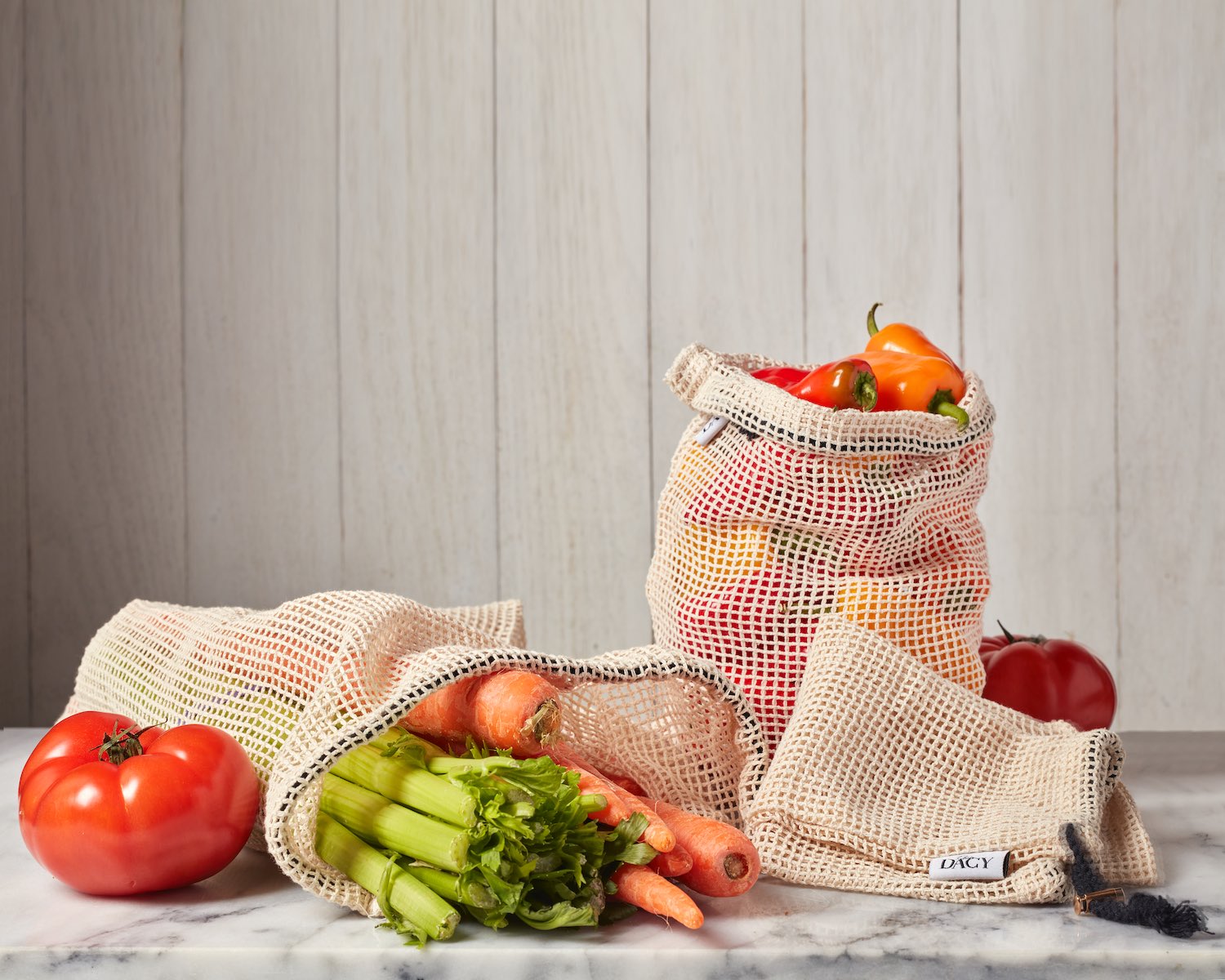
As sustainability becomes a top priority for businesses worldwide, mesh bags offer an excellent opportunity to integrate eco-friendly materials into your product and packaging lines. Many manufacturers now provide mesh bags made from GOTS-certified organic cotton, RPET mesh derived from recycled plastic bottles, and other renewable resources—helping brands demonstrate a genuine commitment to environmental responsibility.
Dr. Emily Chen, a leading expert in sustainable textiles, notes:
“Incorporating recycled and certified organic materials like RPET and GOTS cotton in packaging is no longer optional but essential for brands seeking long-term viability. These materials significantly reduce carbon footprints and water usage compared to virgin fibers.”
Supporting this, the Global Recycled Standard (GRS) reports that RPET production can reduce CO₂ emissions by up to 60% compared to virgin polyester. Additionally, OEKO-TEX certification guarantees the absence of harmful substances, providing safety assurance for consumers. Ethical production certifications such as BSCI ensure compliance with fair labor and environmental standards, which are increasingly demanded by global retailers.
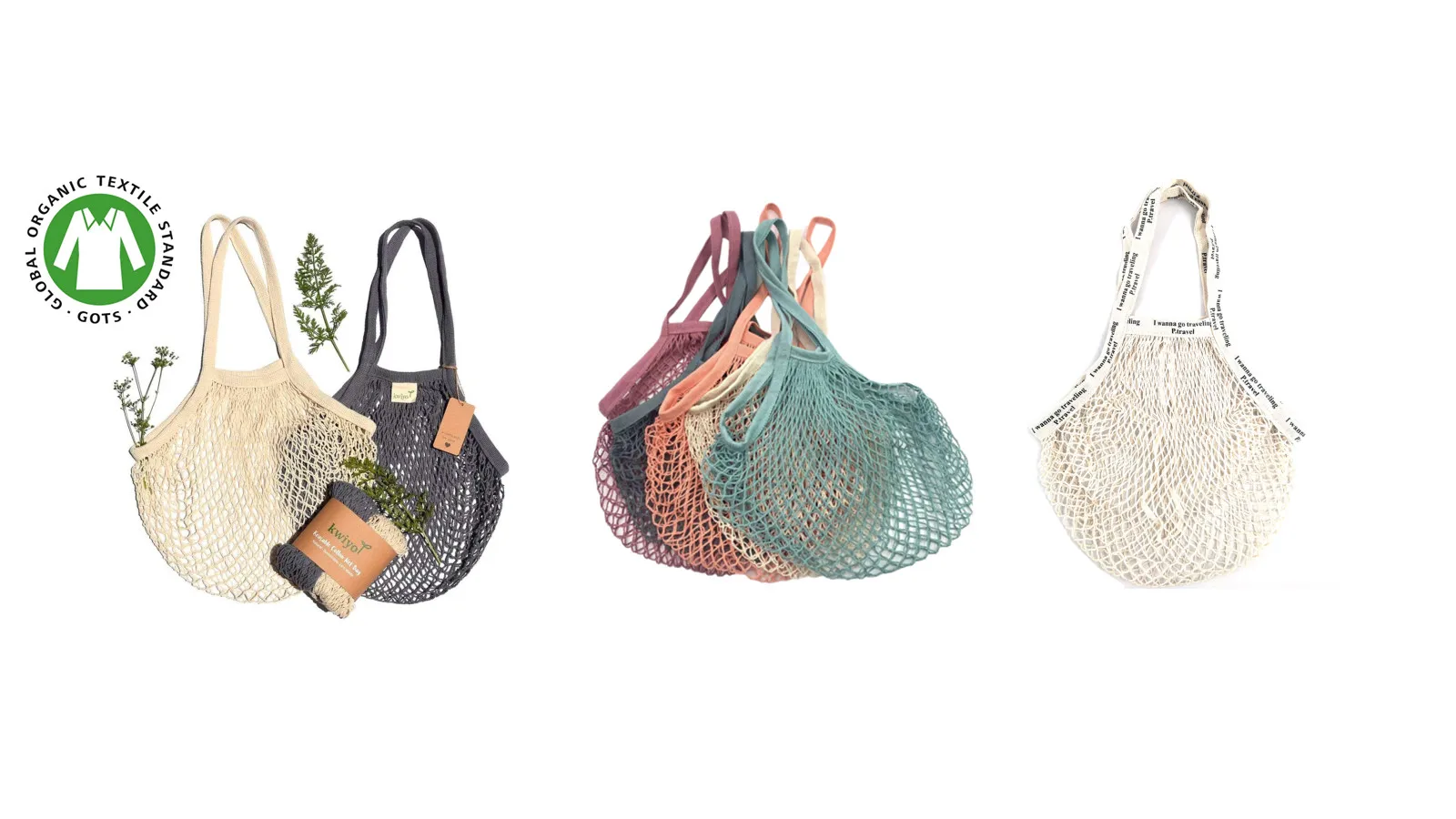
In the context of sustainable packaging bag solutions, mesh bags serve as reusable, lightweight, and breathable alternatives to single-use plastics, perfectly aligning with global green packaging trends. According to a 2024 market survey, over 70% of consumers in North America and Europe prefer brands that use certified sustainable packaging, making eco-certified mesh bags a strategic asset for businesses focusing on ESG goals.
For companies invested in eco mesh bag sourcing, selecting certified mesh bags not only enhances product appeal but also solidifies corporate social responsibility narratives. Ultimately, these bags represent a practical and impactful step toward reducing environmental footprints while meeting the growing demand for functional bags for retail and promotional use with a clear sustainability edge.
Conclusion
Mesh bags stand out as a versatile and practical solution across numerous industries, offering brands and businesses a unique combination of functionality, style, and sustainability. Their breathable design, lightweight nature, and adaptability make them ideal for retail packaging, promotional giveaways, travel accessories, and more. Importantly, mesh bags align well with today’s growing consumer demand for eco-friendly products, helping companies demonstrate a genuine commitment to environmental responsibility without compromising on quality or design.
For brands looking to innovate their packaging or enhance product offerings, mesh bags present an opportunity to differentiate in a competitive market while contributing to a greener future. Whether you seek custom sizes, materials, or branding options, mesh bags can be tailored to meet your exact needs and sustainability goals.
Ready to elevate your product line with custom mesh bags?
Get in touch with us today for professional support with samples, development, and bulk orders.
Explore our flexible OEM/ODM mesh bag services designed to deliver quality, customization, and fast turnaround.
Contact our team now to request a quote and start creating your exclusive mesh bag solutions.

